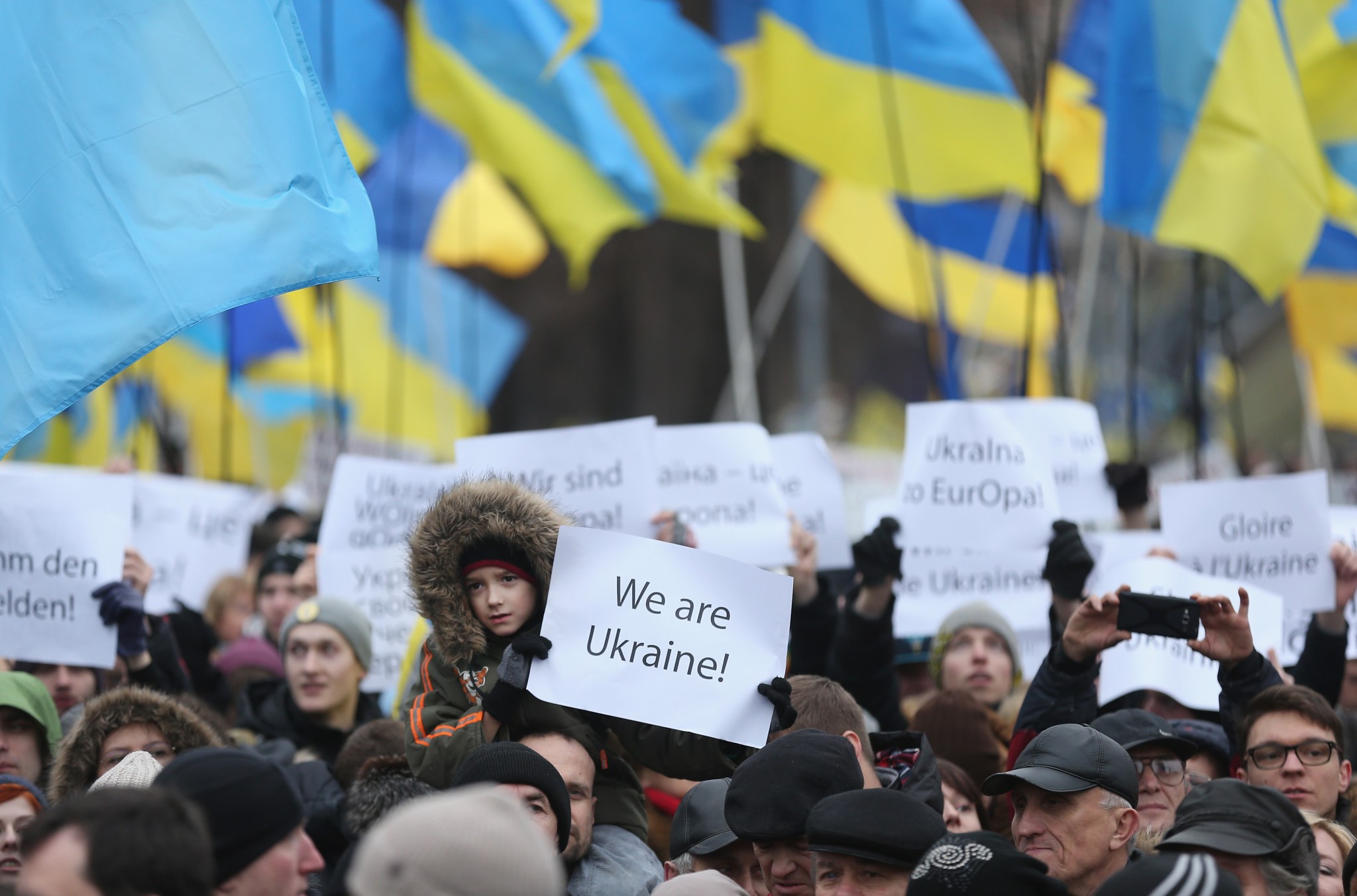
Nearly two months into Russia’s assault, Ukraine stands strong. The country has become a bulwark against authoritarian aggression, and it is critical that democratic institutions continue their support. As historian Serhii Plokhy phrases it, Ukraine stands at “the gates of Europe” and the world – and it should not stand alone.
On the road to democratic consolidation since the country’s independence in 1991, Ukraine has reiterated its commitment to democracy. By 2004, the assistance of international actors helped empower Ukrainian democrats, civil society organizations (CSOs), and journalists to expose electoral fraud. The Revolution of Dignity in 2014 then ushered in an ambitious democratization and decentralization process that continues to this day, starting with the ousting of Russian-backed president, Viktor Yanukovych.
The International Republican Institute (IRI) has consistently been a core supporter of domestic reforms, bolstering efforts to transfer power from opaque decision makers to local actors and improve transparency and responsiveness. Previous IRI polling shows that the public’s approval of local government has improved since 2015, likely a reflection of improved governance, stemming from decentralization efforts to which IRI has contributed. When respondents of the first-ever IRI Ukraine National Municipal Poll (May 2015) were asked if they approved of their mayor’s work, only 2 out of 22 regions expressed majority approval.
The results of the 2021 annual municipal survey suggested an increase in overall satisfaction with local authorities and high confidence in public officials’ job performance and competencies. When respondents were asked how satisfied or dissatisfied, they were with the activities of their mayor, 15 out of 24 regions expressed majority approval. Four other regions also had a plurality of people approving of their mayors’ performance. Only one area had majority disapproval, but even this region showed considerable improvement from 2015 by rising 9 points in approval and declining 10 in disapproval.
Trends in the mentioned 2015 and 2021 surveys indicate Ukrainians have embraced and supported the country’s decentralization efforts, which has helped foster a sense of unity in the country. As Ukraine resists authoritarianism and Russia’s invasion today, it is important to note it is a stronger and more unified country than it was eight years ago, when Russia last invaded Ukraine and illegally annexed Crimea.
Despite Russian dictator Vladimir Putin trying to undermine Ukraine’s democratization through energy “diplomacy,” political and hybrid warfare, it has all failed to disrupt gains made over the past eight years and Ukraine’s move toward the West. For example, in a public opinion survey conducted by IRI in March 2015, 57% said Ukraine should join the EU if the country could only join one international economic union, while 47% of respondents indicated they would vote for Ukraine to join NATO if a referendum were held then. In fact, support has grown for these institutions since 2014. An IRI public opinion survey conducted in November 2021, asking the same question, showed Ukrainians grew more supportive of NATO and EU membership, at 54% and 58% respectively.
As neighboring countries like Georgia, familiar with authoritarian intervention, watch the invasion, the democracy promotion community must continue supporting democratic development in both Ukraine and the larger Eurasia region by engaging with political parties, citizens, and public officials to strengthen resilience. With this support, even in the face of war, elected officials in Ukraine can continue responding to constituent needs. This is thanks, at least in part, to efforts, like those of IRI, to support Ukraine’s democratic instincts and resilience.
Now, as Ukraine needs more help than ever, continued involvement is necessary to ensure democracy only gains strength. By supporting Ukraine’s fight for freedom, other emerging democracy movements in Eurasia can be bolstered too.
Top